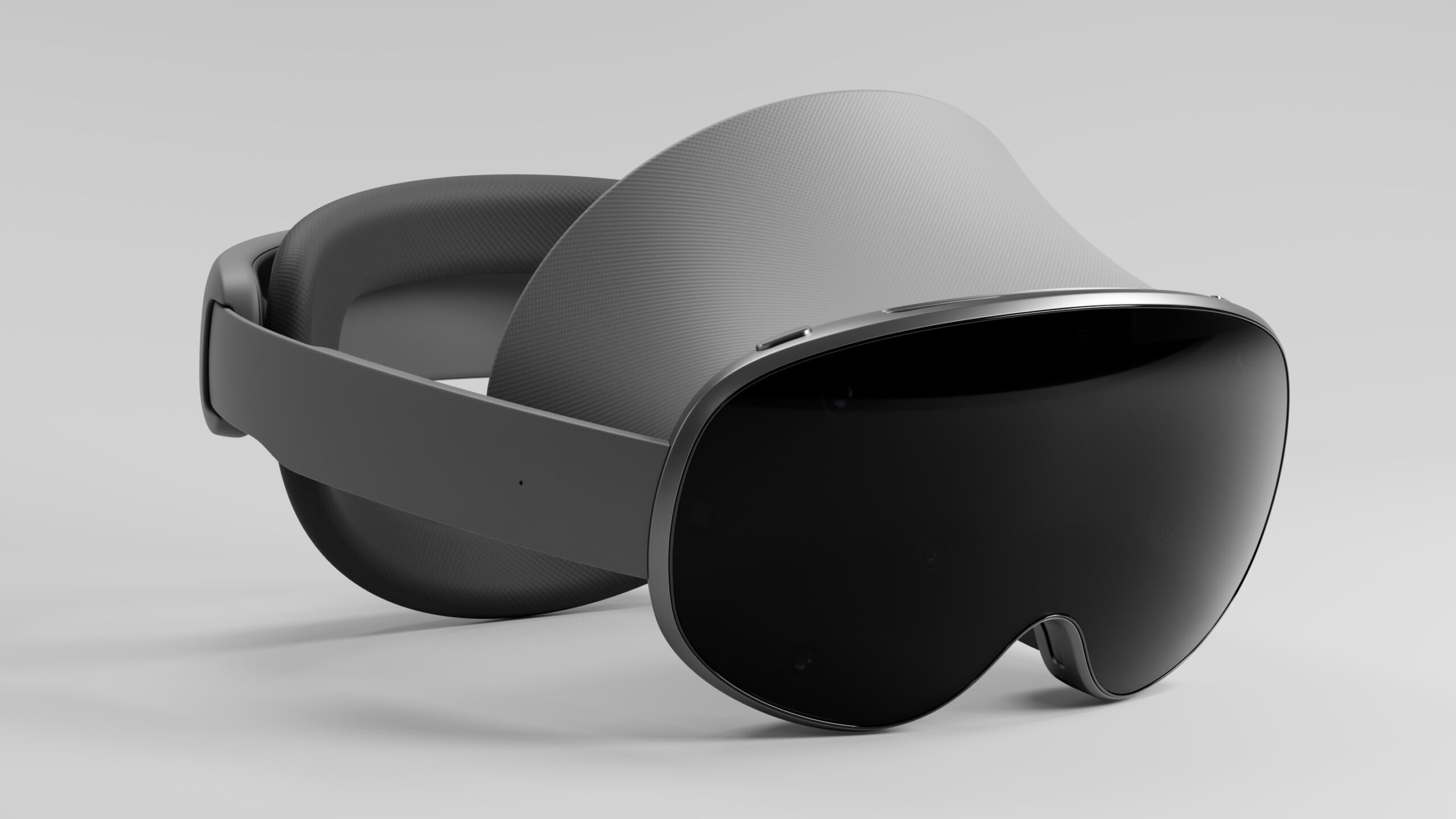Affiliate links on Android Authority may earn us a commission. Learn more.
Android XR smart glasses are coming, but you're in for a wait (Updated: More details)
December 13, 2024
- Google has confirmed that smart glasses powered by the Android XR platform would be coming “later.”
- The company said it chose to launch a headset first as it offers more immersion.
- We’re also guessing that a headset might be less of a risk than smart glasses.
Update: December 13, 2024 (3:10 AM ET): Thanks to demos of a prototype provided by Google to some publications, we now have more details about what Google is planning for Android XR-powered glasses.
Wired notes that Google’s prototype smart glasses are built on the back of Project Astra and that the bulk of the processing is handled on a connected smartphone. The prototype glasses also have a thick frame and a built-in camera with an LED light. They also promise all-day battery life.
Moreover, Wired reports that the glasses might come in several variants — with a display, without a display but with Gemini baked in, with a monocular display on one lens, and with a binocular display for the “best experience.” Gemini 2.0 can be enabled or paused by tapping on the arm of the glasses.
It’s still unclear whether these glasses will be released by Google itself or by another brand. However, it sure looks like Google is making them. The company is already giving early access to Project Astra-powered smart glasses to some people. Wired’s story also previously noted that “Google’s smart glasses” are coming in 2025, but the publication has since amended the article to say “Google did not provide a concrete release window.”
Original article: December 12, 2024 (11 AM ET): Google has just announced its Android XR platform, and the first product will be a Samsung-designed headset called “Project Moohan.” What about smart glasses, though?
Google told a media briefing that glasses powered by the Android XR platform would be coming later, but didn’t reveal any more details regarding availability. The company also showed off a pair of black prototype glasses in several videos. The clip below shows a woman getting instructions from Gemini on how to hang shelves. The woman was also able to ask Gemini where she left a level tool mentioned in the chatbot’s instructions, with the chatbot noting that it was “on the console next to you.”
Will these future glasses be made by Google, Samsung, or another partner? Unfortunately, the company didn’t have much to say when we asked:
What we showcased was prototype Glasses hardware and we will share more info when available.
We’re guessing Samsung will be the first company to offer Android XR glasses due to its partnership with Google and Qualcomm to develop the software platform in the first place.
However, Google’s Android XR blog post also mentioned a few notable companies when talking about the platform at large:
For Qualcomm partners like Lynx, Sony, and Xreal, we are opening a path for the development of a wide array of Android XR devices to meet the diverse needs of people and businesses.
For what it’s worth, Xreal makes display and XR glasses. So this line suggests that we could indeed see Xreal products powered by Android XR in the future.
“We’ll soon begin real-world testing of prototype glasses running Android XR with a small group of users,” Google added in its blog post. “This will help us create helpful products and ensure we’re building in a way that respects privacy for you and those around you.”
Why release a headset first?

Google explained the decision to offer the Project Moohan headset before tackling smart glasses, saying that the headset allows for more immersion in content. It also stands to reason that a headset is a less risky endeavor from a technical point of view as there’s more space for components and cooling. Battery life is also less important for a headset than for smart glasses. Furthermore, we’re guessing that developers can theoretically use the headset to build apps for both headsets and smart glasses.
Which Android XR form factor are you most excited about?
News of Android XR-powered glasses also comes after Google demonstrated smart AI glasses at its I/O conference in May. The company characterized this product as a “prototype glasses device” while showing off its Project Astra tech. This technology, which is now available in Gemini Live, combines your camera viewfinder with a responsive chatbot, allowing you to quickly get answers about the things you’re looking at.
Confirmation of Android XR glasses is also notable in light of the success of Ray-Ban Meta smart glasses. Meta’s spectacles don’t offer a display but feature a camera for photos and videos, the Meta AI assistant for queries and commands, and built-in speakers for audio playback.
Thank you for being part of our community. Read our Comment Policy before posting.